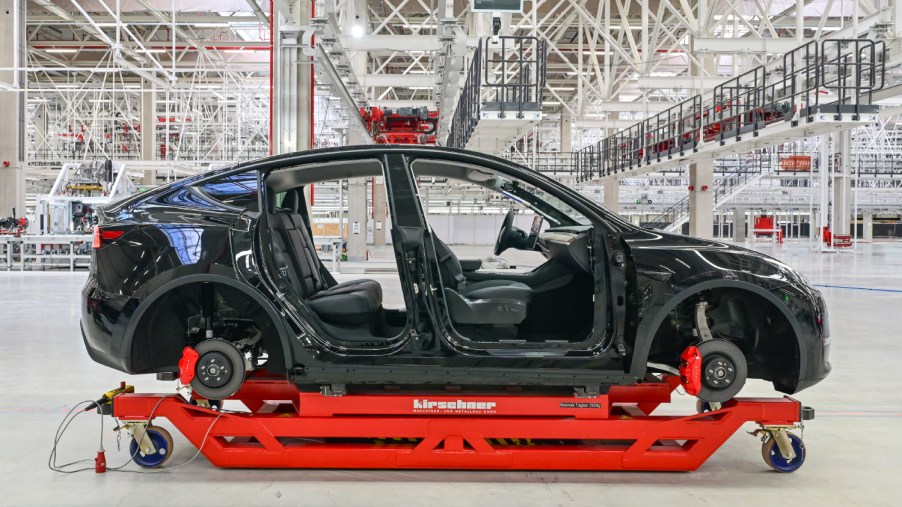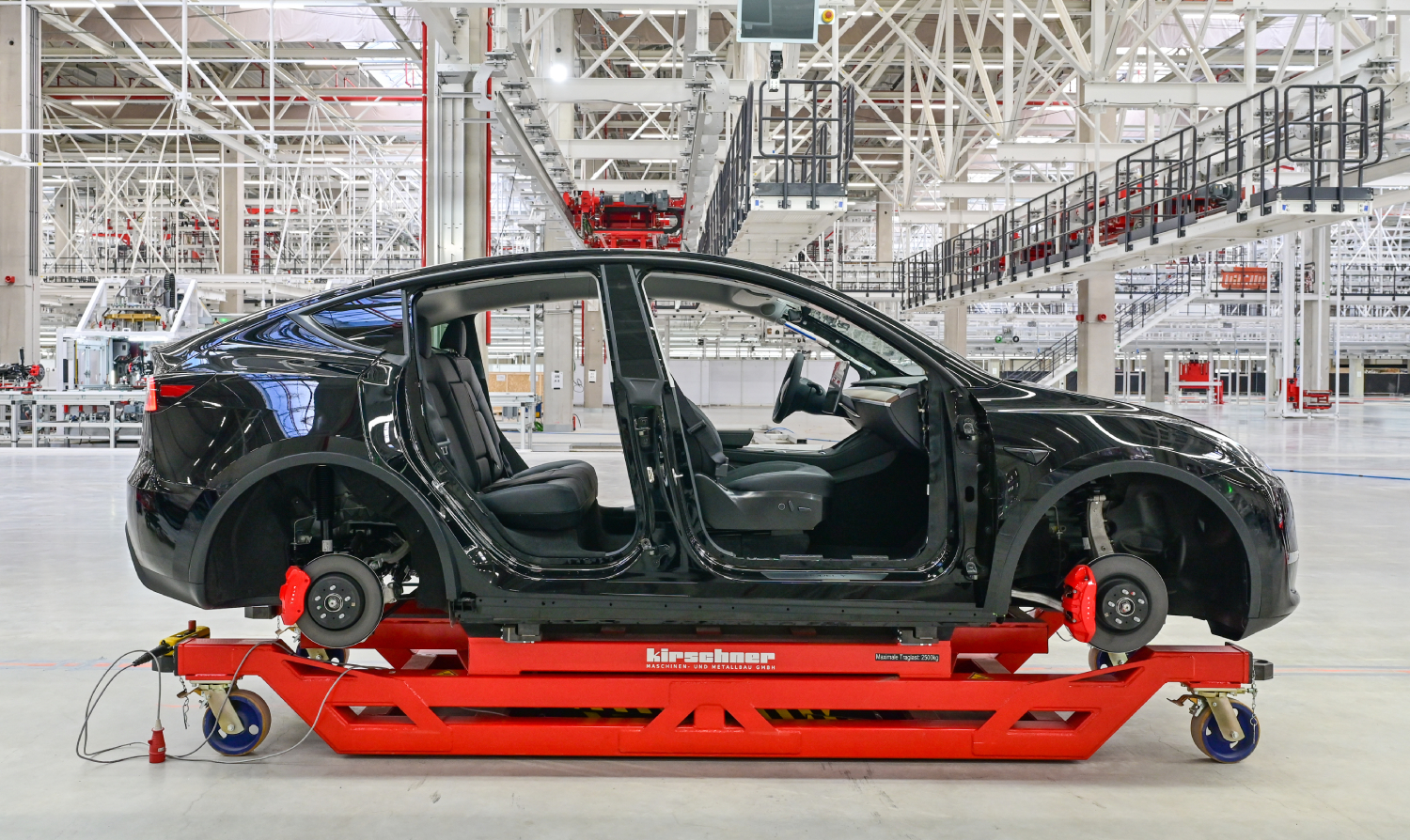
Wall Street Journal: Cars Will Become More Like iPhones, Offer Downloadable ‘a La Carte’ Features
Cells phones have come a long way in the last 20 years. Comparing the old car phones and indestructible Nokia brick phones to an Apple iPhone 13 Pro almost seems like something from a movie. But if you compare cars from 20 years ago to cars of today, the same idea applies. So, will more cars and car companies follow the autonomous lead of Tesla electric vehicles?
Cars are heading quickly towards a call phone model of business

These days, a new phone is released every year or every couple of months. This means customers often replace cells phones before the electronics need replacing, simply since a new one is available. Doug Field spoke to the Wall Street Journal about this switch and how he feels about it. Car companies no longer seem to make cars that last forever. These days, automakers are shifting to a more digital mindset and offering upgrades and updates that might require a subscription.
Tesla is famous for this move. Drivers can install Full-Self Driving and other autonomous driving updates over the air. Purchasing Full-Self Driving used to cost $10,000 when buyers purchased the vehicle. Now, Tesla offers FSD through a monthly fee.
Ford has started following suit, bringing Field over from Apple. Before that, he worked as the engineering chief of Tesla for five years.
“The disruption in the auto industry, driven by software, autonomy and electrification, is going to be as big as anything that’s happened in the last century.”
Doug Field | The Wall Street Journal
He also says that electrification and partial automation will be commonplace.
Field thinks autonomy is going to be big for drivers and automakers
When the Wall Street Journal asked what features buyers would pay $20 to $30 a month for, Field thought autonomy would be the most likely option. There might be a variety of price levels or packages buyers can choose from. “Once you have autonomy, you’ve unlocked the ability to do other things in the vehicle,” Field said.
Tesla has seen a lot of interest in such features, even if it hasn’t been fully delivered yet. Drivers want to look away from the road or keep hands off the wheel, which automakers are working on. Field thinks this transition will be smooth and easy, not something that interrupts life a few months or years down the road.
The idea is that drivers will choose things “a la carte” and decide what is suitable for individual needs. If drivers don’t have a long commute and don’t drive very much, there might be a lower package or price level available. Perhaps those who want autonomous driving every day would get a discount on an annual subscription. These items will be available to download over the air and won’t require a dealership visit.
This might be more uniformity across the board when it comes to cars
Right now, many people personalize and modify vehicles to stand out. It is a large part of the automotive culture, but Field thinks this will eventually fade away. In the case of cell phones, automobiles might go the same way. Drivers wouldn’t need to show off vehicles or personalize the cars in the same way. Drivers will personalize it internally or technologically, but cars might end up being more uniform along the way.
Field suggested that luxury or performance cars might become more of a recreational thing. A performance-based vehicle won’t be an everyday thing anymore, but more of a special occasion item. That isn’t necessarily that different from today. Not a lot of people drive a Ferrari into the city five days a week for work. But you might take your boring autonomous vehicle to work every day simply because it is easier to do so.
It sounds like Doug Field has a lot of ideas in store for Ford. For now, there are limitless possibilities about the future of automobiles, especially electric vehicles. With that said, a lot of people might not agree with this direction of things. Will more analog EVs still be available, or will there be no money in that for automakers?



